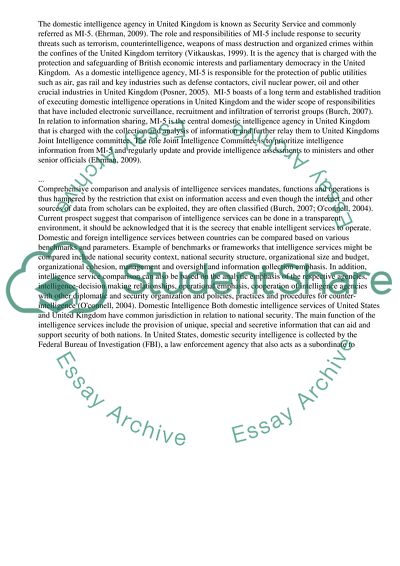Cite this document
(“Domestic and Foreign Intelligence Services Research Paper”, n.d.)
Retrieved from https://studentshare.org/management/1397270-compare-contrast
Retrieved from https://studentshare.org/management/1397270-compare-contrast
(Domestic and Foreign Intelligence Services Research Paper)
https://studentshare.org/management/1397270-compare-contrast.
https://studentshare.org/management/1397270-compare-contrast.
“Domestic and Foreign Intelligence Services Research Paper”, n.d. https://studentshare.org/management/1397270-compare-contrast.


